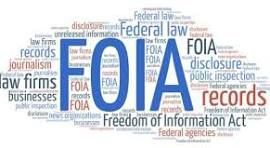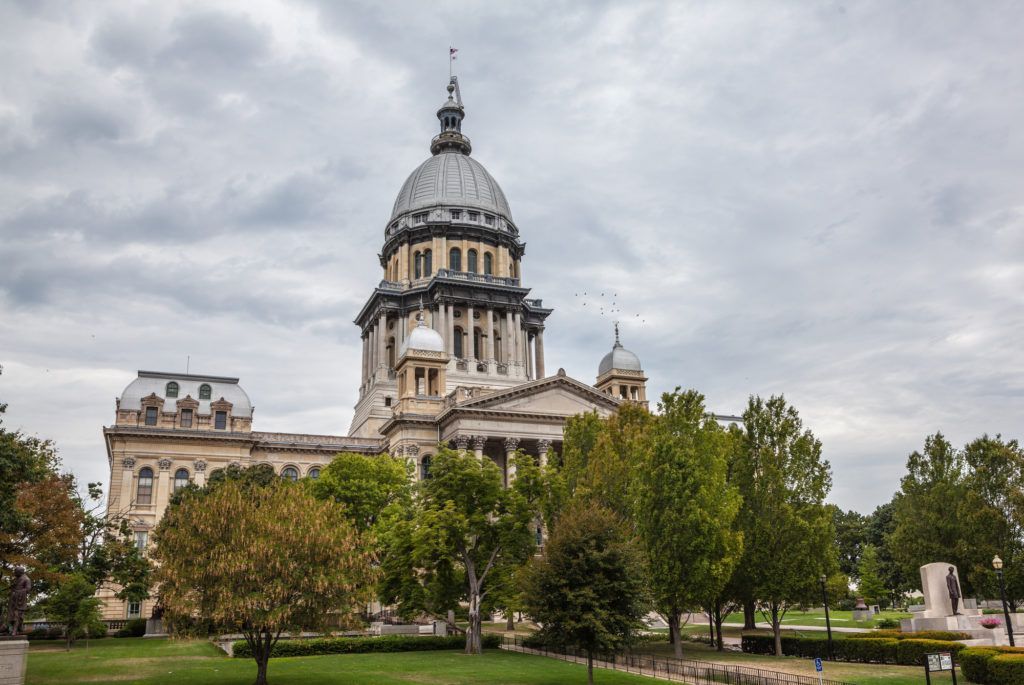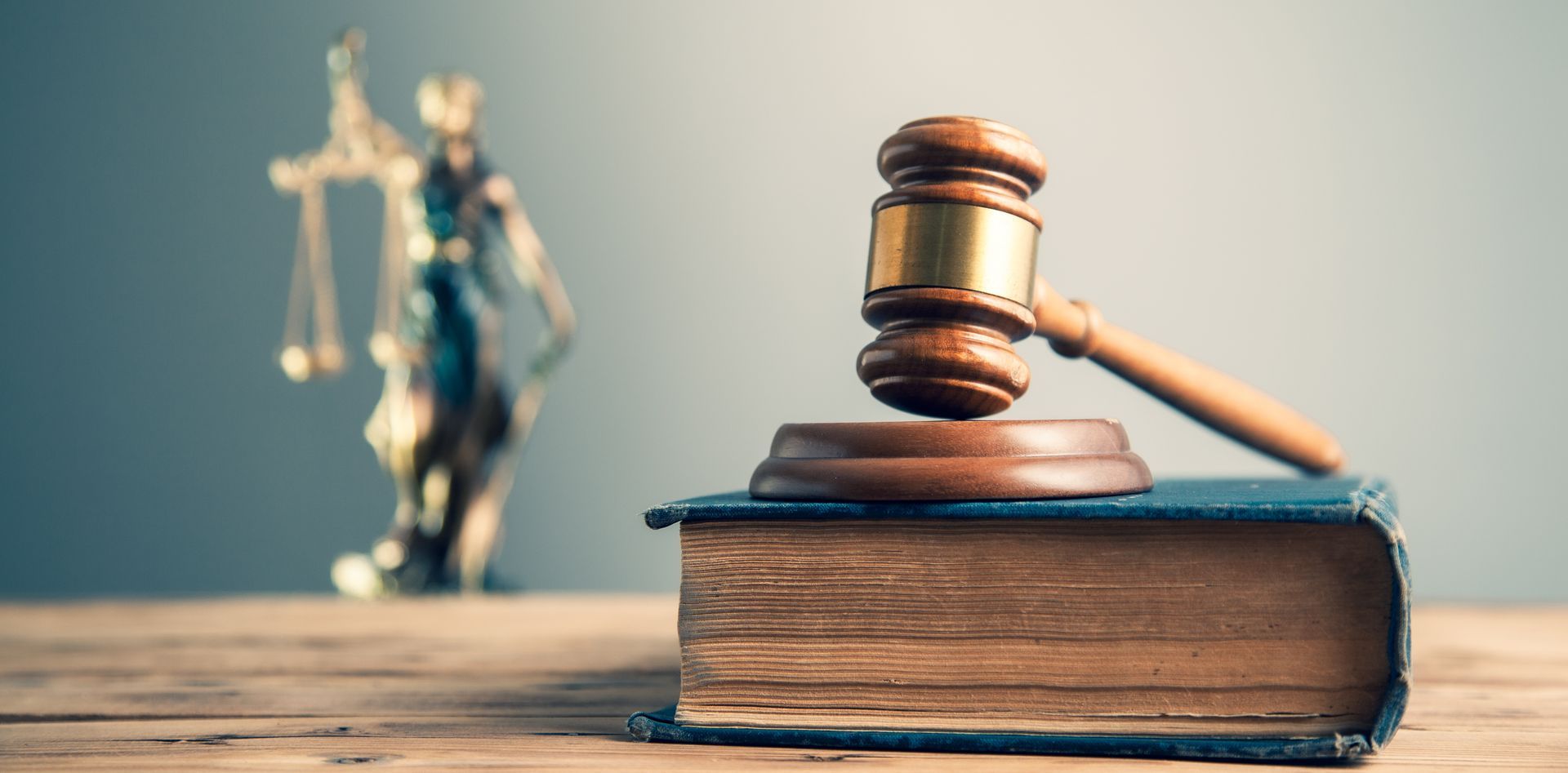
SAL Speaks at Cannabis Expo: Application Requirements
Serious applicants should start preparing now.
Shapiro & Associates Lawhad the pleasure of speaking at Green Rush B2B Expo held in the Schaumburg Convention Center last week.The Expo focused on businesses seeking to enter Illinois' recreational cannabis industry. Our attorneys spoke about compliance with state licensing rules and local zoning regulations that will be required for all cannabis businesses.
As we previously reported
, the Cannabis Regulation and Tax Act (“CRTA”) signed into law this past June makes adult use of recreational cannabis legal beginning January 1, 2020. While the existing medical marijuana business will be the only entities able to be involved in the industry for the first four months of 2020, Illinois will begin issuing licenses to new businesses in the spring and summer of 2020.The first application window for new dispensaries opens by October 1, 2019 and will close by January 1, 2020. For craft growers, the first application window will likely open in early January 2020.
Unlike states that do not set a cap on the number of licenses, obtaining a license in Illinois will be highly competitive with only 75 dispensary licenses, 40 craft grower licenses and 40 infuser licenses for the entire state being released in the first application periods. Applications will be ranked using a merit-based system assigning a score out of 250 points to each application according to how well it addresses designated categories (for example, security and business plans).
Considering the competitiveness and complexity of the licensing process, it is important for applicants to assemble a strong team of consultants to advise them on topics including, security, capitalization, construction and legal compliance in order to achieve the most points possible. Even though application materials are not yet available, the deadlines are fast approaching and the requirements are significant.
DISCLAIMER: Because of the generality of this update, the information provided herein may not be applicable in all situations and should not be acted upon without specific legal advice based on particular situations. Shapiro & Associates Law advises clients on state law governing the business of cannabis to facilitate compliance with applicable state law. Federal laws concerning cannabis currently conflict with state laws in states that have legalized the sale and/or possession of cannabis. Although federal enforcement policy may at times defer to these states’ laws and not enforce conflicting federal laws, interested businesses and individuals should be aware that compliance with state law in no way assures compliance with federal law, and there is a risk that conflicting federal laws may be enforced in the future.

CONTACT US TODAY
Contact Us
We will get back to you as soon as possible.
Please try again later.
LOCATION
570 Lake Cook Road, Unit 119
Deerfield, IL 60015
Shapiro & Associates Law | All Rights Reserved |
Created by Olive + Ash.
Managed by Olive Street Design.










